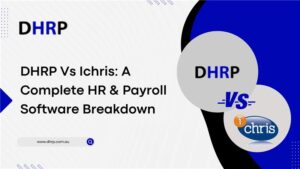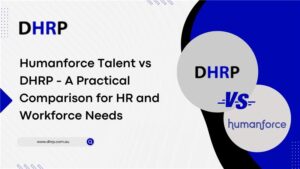ERP systems are no less than nervous systems. They function in the same manner, delivering messages from different sources to one centralized platform for further analysis. No one thinks of their failure when implementing them, but if they start to break down, we have to give them our full attention.
You might not consider ERP implementation a failure, but as an experienced professional, you can see how it can go awry.
Therefore, to save it from negatively impacting your business, you need to prepare for it in advance. The easy way is to be aware of the mistakes others made. If you talk to other expert consultants, they will tell you that poor planning, misalignment of strategies with business goals, and unrealistic deadlines are the most common mistakes.
But are they missing something? Yes, there are five other pitfalls that every ERP consultant should be aware of. We will discuss these five mistakes in this article.
5 Things Consultants Are Getting Wrong When It Comes To ERP Implementation
If you are an ERP consultant, you need to worry about more than just planning and budgetary issues. So, here are 5 major ERP mistakes, problems and solutions to avoid when implementing ERP for any organization.
1. Not Preparing the Organization to Take Ownership
As a consultant, you need to ensure that the client has full ownership of the system. You will do this when you hand over everything after the implementation phase.
This will help them reap more benefits in a proper way. You have probably followed all the standards and protocols to make implementation successful, but if you miss a step while handing it over to the clients, or the client doesn’t understand the plan, the rewards are going to go down the drain.
So, being a consultant, step up and explain to your client why they need full ownership and how it will help them in the long run.
2. Overlooking User Training
You may think that only the implementation of the ERP system was your job, but it is not. Most consultants make this mistake when they overlook user training. Users need to feel comfortable and confident when using a new system; otherwise, they will outright reject it. Ultimately, the failure will fall upon you.
Therefore, remember that it is a steep learning curve; it isn’t only about providing them with the training material. To make them master it fully, the process must also be carried out through assessments, acceptance training, and post-go-live support.
3. Too Much Tech Speak
In your experience, you already know that ERP software is complex and technical. Don’t add to the complexities by using more jargon and difficult terms in training material or when speaking to users. It will lead to more confusion and even misinterpretation at times.
Try using simple words and everyday language to make it clearer how you want users to navigate or apply different scenarios.
4. Lack of Business Understanding
You are expected to deliver results as a consultant ERP implementation is one of the specific problems you deal with regularly. However, not understanding a client’s business can add more gaps in a business than solve.
So, in order to close the gaps in a firm and ensure they get the most out of the new system, you must first completely understand the pains, frustrations, and challenges at hand. Only then can you make anything truly appropriate for the purpose.
5. Expectation Gaps
Do you know the expectations of the client? Because managing the expectations is your real job here. Implementing is one, but it has the strings of expectation attached to it. It is not uncommon for individuals to be unimpressed when they first use the system simply because they are unsure how to make the most of it. As a result, it is critical to inform users that there will be a learning curve in order for them to realize their full potential.
Bottom Line
Stay keen on hearing from other consultants. You will find new perspectives on the mistakes and ideas. Above mentioned 5 mistakes are just a few we have been seeing. These are the ones most consultants forget to mention. However, they are significant and play a vital role in the successful implementation of ERP.
So, follow the process and always stay updated with what is happening with your clients. If you need to talk to the experts in your field, we at DHRP have a whole team ready to talk.
Let’s discuss more and analyze common mistakes or processes that need improvement. But if you are a business and need a proper ERP implementation, our team can help you. If your previous ERP implementation was a failure, we can fix it with our failed ERP implementation recovery service.




































































































